
The funding will support the study of ST-400 as a cell therapy candidate for people with transfusion-dependent beta-thalassemia.

The funding will support the study of ST-400 as a cell therapy candidate for people with transfusion-dependent beta-thalassemia.

Original research suggests that clinicians want their organizations to better embrace tech surrounding the therapy.

Nearly everyone extols the need to bust data silos. Meet the man who’s doing it.
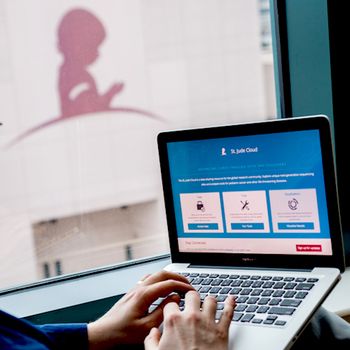
The publically-accessible repository, built alongside Microsoft and DNAnexus, is meant to spur research and collaboration to fight pediatric cancer.
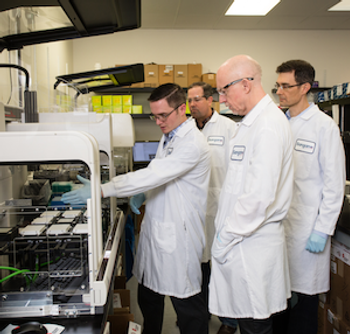
Sangamo’s innovations recently earned it $3 billion. Why? But first, the CRISPR origin story.

"Promoting and protecting public health requires FDA to adopt policies to ensure regulation serves as bridge to innovation, not a barrier to it," he tweeted.

The pair want to combine their chemistry and machine learning platforms to find targets for neuromuscular disease treatments.

A new program there is armed with $750,000 in grant funding to look for answers in the assays.

The precision medicine innovator plans to use the money to finance the second generation of the immunotherapies.
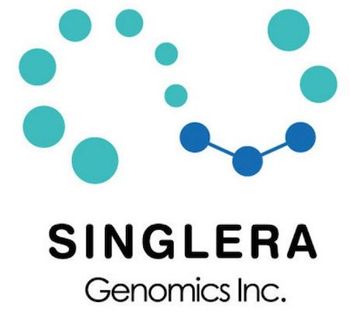
Want to make an easy million, or 60? Just develop some proprietary genomics technologies for cancer detection and treatment.

We’re all about great stories and great insights. And that’s what you can expect from Data Book, the first-ever Healthcare Analytics News™ podcast, dropping this Friday.
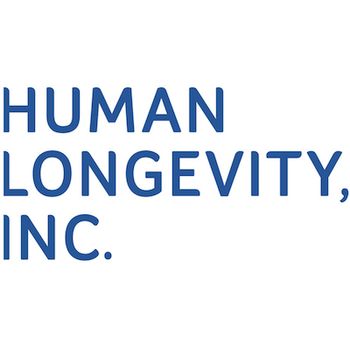
Looking to grow its consumer-facing Health Nucleus platform, the genomics company announced a $25,000 plan that includes MRIs and a battery of other tests.
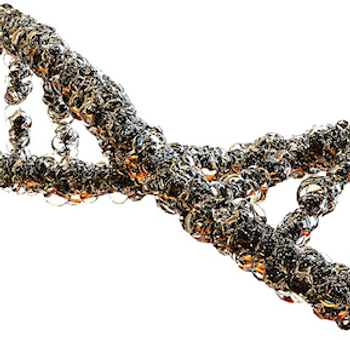
“People may assume that they are being provided accurate medical grade testing, so understandably do not go to the trouble and expense of seeking confirmation.”

Hint: The finding relied on medical information from more than 46,000 Geisinger patients.
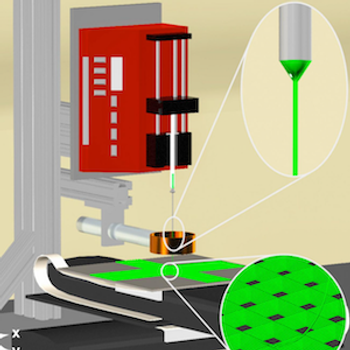
What might this means of data generation teach medicine about drugs?
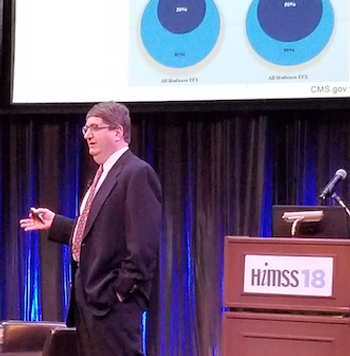
Cota and Hackensack Meridian Health’s path toward bundled payments holds lessons for others.
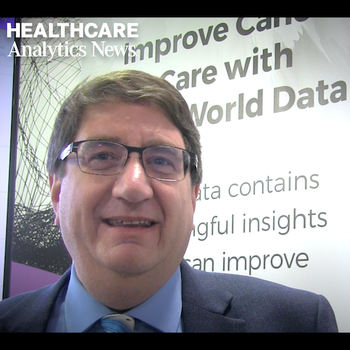
Cota's co-founder and Chief Scientific Officer would know: His company just got that amount in Series C.

Harvard University researchers said their findings could help improve wearable robotic devices.

The gene-editing start-up doesn’t demand licensing fees and royalties from academic and commercial researchers.

A genetic variant might be associated with opioid addiction. But it can’t yet predict outcomes for individual patients.

How the early investment could help boost precision cancer therapies.

A team of researchers from Harvard and Brigham and Women's says that their new methodology will be made freely available to other researchers.

The story broke just a day after we published a sweeping feature on Sangamo’s fledgling gene-editing empire.
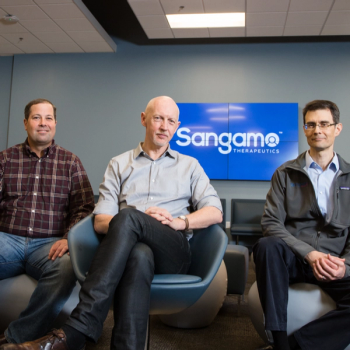
Sangamo’s ever-evolving zinc finger technology could catapult precision medicine. So why haven’t you heard about it?
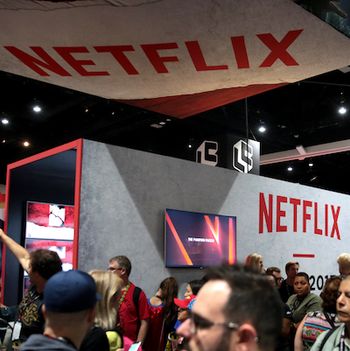
Lessons that healthcare can take from the streaming video juggernaut as it tries to personalize care for every patient.